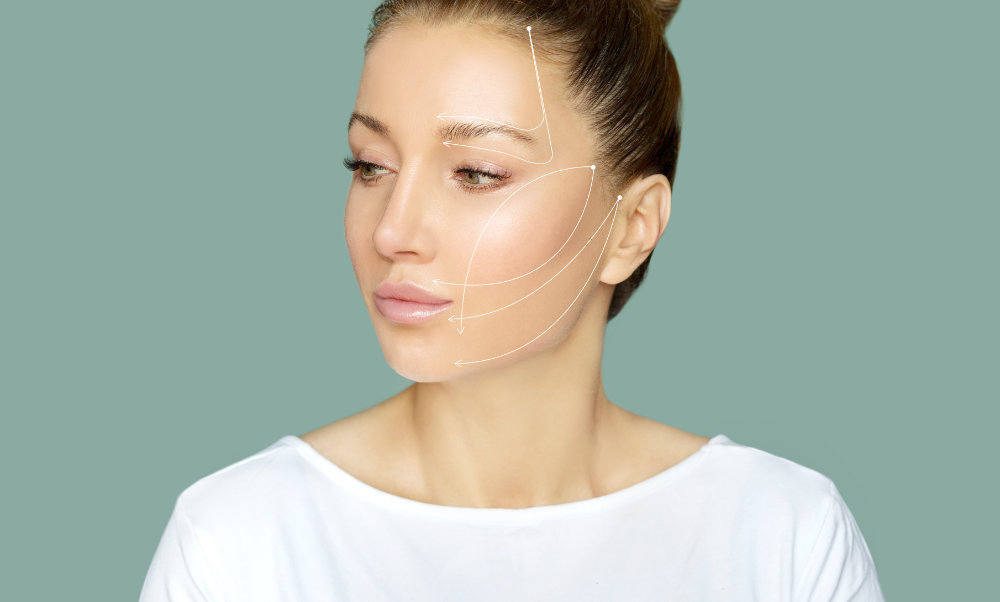Hair transplants and non-surgical treatments are both excellent options for hair restoration, but not every method is suitable for every patient. At New Jersey Hair Restoration in Freehold Township, NJ, we offer a whole range of physician-led treatments to address various stages and types of hair loss. Whether you are seeking surgical or non-invasive options, our goal is to help you find the most effective solution to restore your hairline.
The Basics of Hair Loss
Causes of Hair Loss
Hair loss can be caused by genetics, hormonal changes (like those related to thyroid issues or menopause), stress, poor diet, and certain medical conditions or medications. Lifestyle factors, such as smoking or a lack of essential nutrients, can worsen hair loss. These triggers can result in different types of hair loss such as telogen effluvium, traction alopecia, or hereditary baldness.
For men, hair loss often begins with a receding hairline or thinning at the crown, while women usually experience a more general thinning across the scalp. The more you know about how your hair loss is progressing, the easier it will be to find the right treatment.
When to Seek Treatment
If you notice thinning hair or changes in your hairline, it’s time to consider treatment. Early intervention can slow down or reverse hair loss progression. We recommend scheduling a consultation if thinning hair is noticeable or if you’re concerned about your hair loss progression. We can evaluate your condition and discuss the best options to restore your hairline.
Permanent Hair Loss Solutions with Hair Transplants
What Is a Hair Transplant?
A hair transplant is a surgical procedure that moves hair from one part of your scalp to another area where hair is thinning or has been lost. This procedure is typically used to treat male and female pattern baldness. By redistributing healthy hair follicles from areas like the back or sides of your head, where hair is usually more resistant to thinning, a hair transplant can help create a fuller, more natural-looking hairline.
Types of Hair Transplant
There are two main methods used in the hair transplant procedure: Follicular unit extraction (FUE) and follicular unit transplantation (FUT). FUE involves extracting individual hair follicles from the donor area and implanting them into the thinning or bald area. This approach results in minimal scarring and typically offers a faster recovery. FUT involves taking a strip of scalp from the donor area and then dividing it into individual follicular units for transplantation. Although FUT may leave a linear scar, it generally allows for a larger number of grafts to be harvested in a single session and is the preferred choice for more extensive hair transplant procedures.
When to Consider a Hair Transplant
You might consider hair transplant surgery if you have significant hair thinning or bald spots that haven’t responded to non-surgical treatments. For the transplant to be successful, there have to be areas on your scalp where hair follicles are healthy and where hair loss is not expected. Hair transplant surgery can be a long-term solution for those looking to restore their hairline and improve overall hair density.
An Overview of Non-Surgical Hair Restoration
Non-surgical hair restoration offers alternatives to hair transplant procedures for those in the earlier stages of hair loss or those seeking less invasive options. These treatments include therapies like platelet-rich plasma, laser therapy, and medications that can help stimulate hair growth and slow down the progression of hair loss. Non-surgical options can be a good fit for those who are not ready for surgery or who want to explore all available options before considering a hair transplant.
Types of Non-Surgical Treatments
- Exosome Treatments: Exosome treatments are a hair restoration option that involves using exosomes—tiny vesicles derived from stem cells—to stimulate hair growth. These treatments can help regenerate hair follicles and improve the health of your scalp.
- PRP Treatments: Platelet-rich plasma (PRP) treatments are a popular hair restoration treatment where your blood is processed to concentrate the platelets, which are then injected into your scalp. PRP can help stimulate hair growth by nourishing hair follicles and encouraging regeneration.
- PepFactor™: PepFactor is a peptide-rich treatment that can be applied to the scalp to support hair restoration. This non-surgical option enhances the health of your hair follicles and promotes a fuller, thicker head of hair over time.
- Low-Level Laser Therapy with Laser Cap: Low-level laser therapy (LLLT) using the Laser Cap is a thinning hair treatment that involves wearing a cap fitted with low-level lasers. These lasers can help improve blood flow to the scalp and encourage hair growth, making it a convenient at-home treatment for thinning hair.
- Medications (Minoxidil and Finasteride): Medications like Minoxidil and Finasteride are well-known hair restoration options that can be used to slow down hair loss and promote new hair growth. Minoxidil is a topical treatment that helps stimulate the scalp, while Finasteride is an oral medication that can prevent hair loss by inhibiting the hormone responsible for shrinking hair follicles.
- Caffeine Shampoo: Caffeine shampoo is a topical product that can be used as part of your hair care routine to support hair restoration. The caffeine in the shampoo is believed to help stimulate hair follicles and reduce hair thinning, offering a simple, non-invasive option for those looking to maintain or improve their hair density.
- Hair Supplements: Hair supplements are another non-surgical approach to supporting hair restoration. These supplements typically contain vitamins, minerals, and other nutrients that can nourish your hair from within, potentially improving hair strength, thickness, and growth.
Get Fuller, Healthier Hair With Hair Restoration Services
At New Jersey Hair Restoration, we offer both surgical and non-surgical hair restoration options to serve the diverse needs of our patients. Whether you’re considering a hair transplant or exploring hair-thinning solutions, we’re here to provide the information and treatments that can help you achieve your goals. To learn more or to get started, contact us today at (732) 365-4533 or fill out the online form.



